Pollinators, especially bees, are the unsung heroes of our gardens. These industrious insects play a crucial role in maintaining the health and productivity of our plants, as well as supporting the broader ecosystem. However, many gardeners often overlook their mission in nature. They are responsible for transferring pollen from one flower to another, enabling fertilization and the production of fruits, vegetables, and seeds.
In this blog post, we will explore the benefits of bees and other pollinators in your garden and provide tips on how to create a welcoming environment for these essential creatures.
The Importance of Pollination
Pollination is a vital process that ensures the continuation of plant life on our planet. Without it, many of them would not be able to reproduce, leading to a decline in biodiversity and the loss of various food sources.
Bees, along with other insects like butterflies, moths, beetles, and even birds, play a significant role in pollinating a wide range of crops and wildflowers. According to the National Gardening Association, 35% of the world's food crop production depends on animal pollination, with insects like bees being the most important pollinators.
Benefits of The Bees
Creating a bee garden is not just a trendy gardening choice; it’s an ecological necessity and a beautiful way to enrich your outdoor space. Bees are vital to our ecosystem, and by dedicating a portion of your garden to these industrious pollinators, you can make a significant impact. Here are some compelling reasons why you need a bee garden.
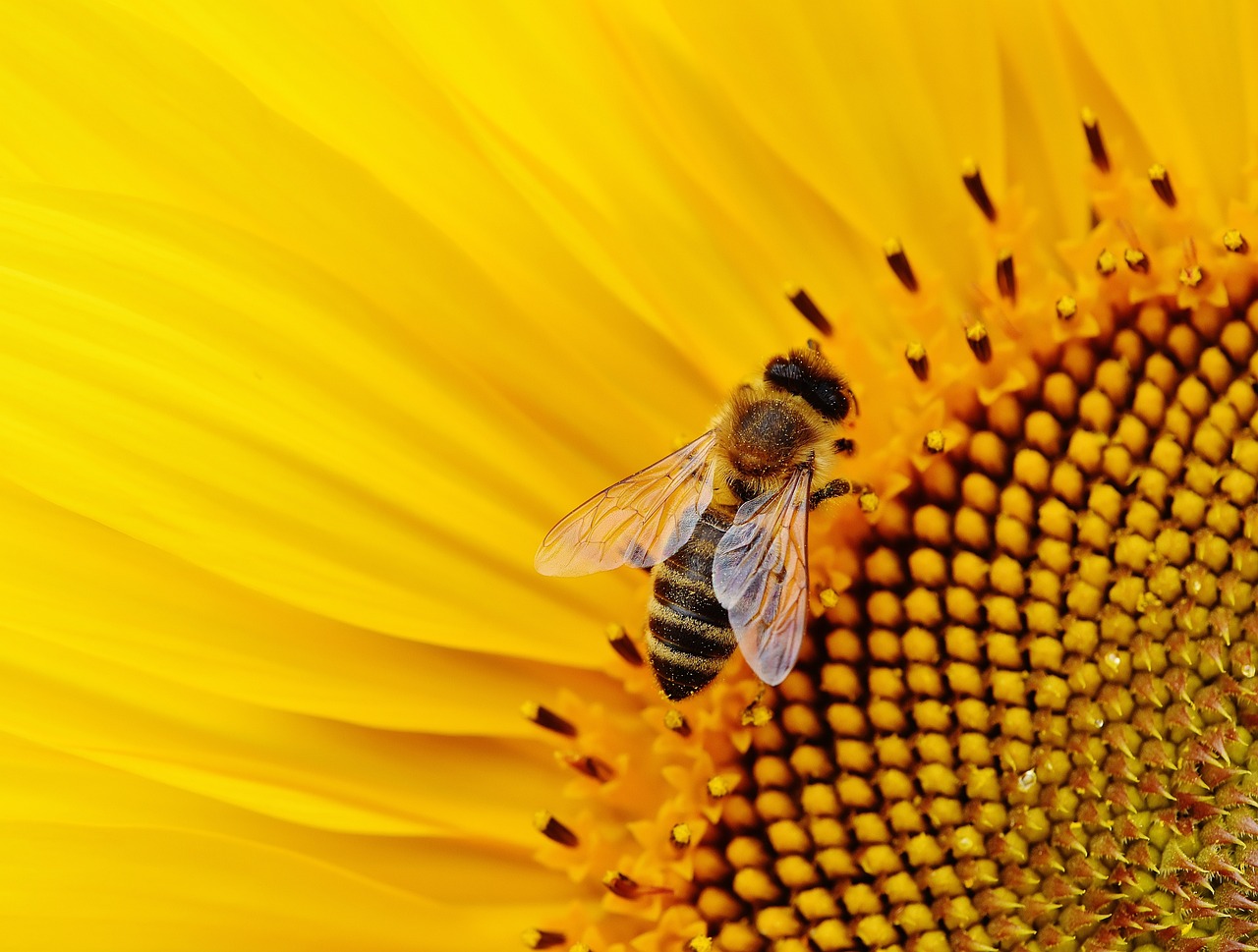
Improve Your Garden’s Health
A bee garden doesn’t just benefit bees—it enhances the pollination of your plants, leading to better fruit and seed production. This means more vibrant flowers, more abundant fruits, and healthier vegetables. By attracting them, you're ensuring that your outdoor space receive the necessary pollination to grow robustly and produce bountiful yields.
Promote Sustainable Practices
Embrace sustainable gardening practices by focusing on maintaining a balance with the local environment, reducing chemical use, and supporting local wildlife. A bee garden aligns perfectly with these principles, as it relies on natural processes and native plants to support pollinators. This approach helps reduce the carbon footprint of your gardening activities and encourages a more holistic interaction with your environment.
More about how to maintain right your outdoor space, you already know where you can find. Check one of our articles for more.
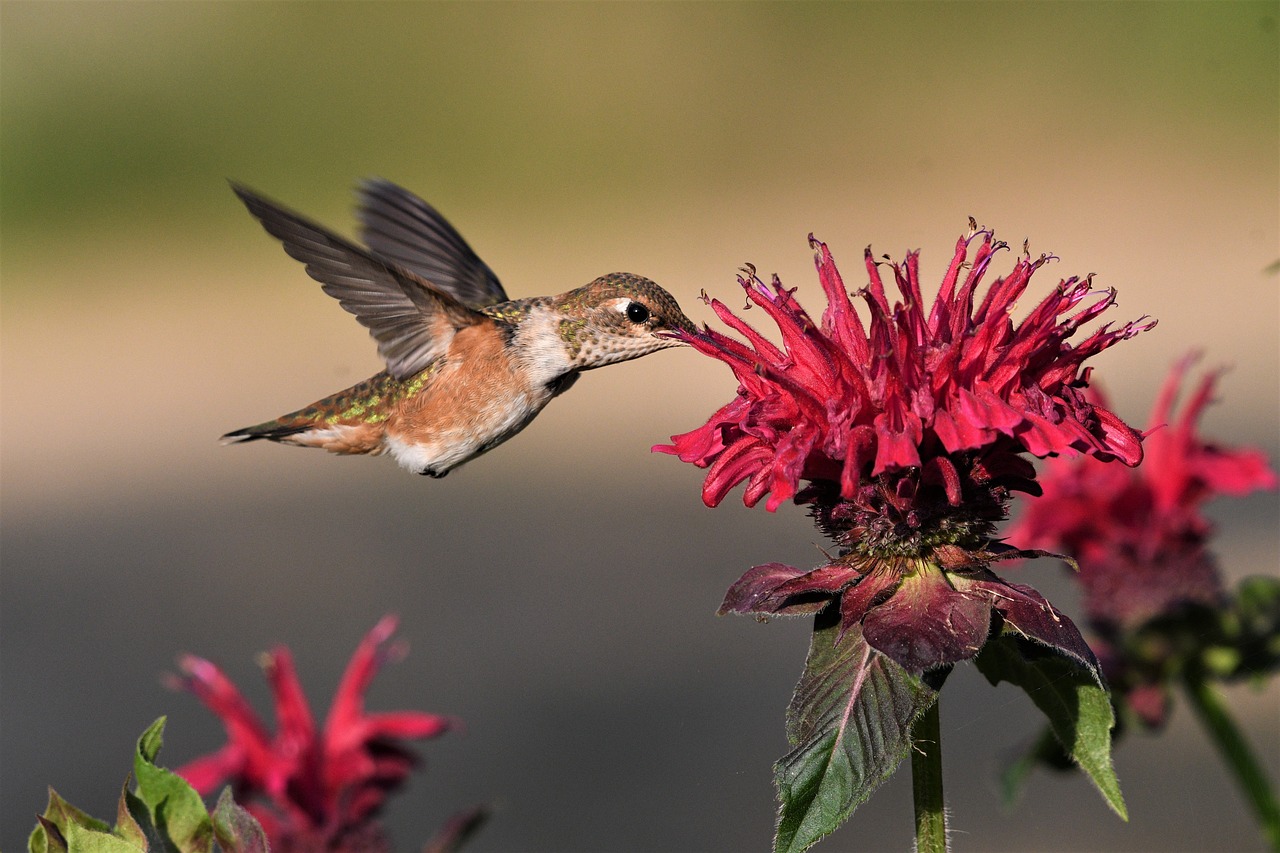
Boost Local Agriculture
This incredible creatures are crucial for the pollination of many crops, and by supporting local bee populations, you indirectly boost local agriculture. Whether you live in a rural area or have a small garden in the city, the bees you support can travel to nearby farms and gardens, aiding in the pollination of a variety of crops. This can result in more abundant and diverse local produce, benefiting the entire community.
Foster Relaxation and Well-being
Spending time in a bee garden can be a soothing and meditative experience. Their gentle hum, the vibrant colors of blooming flowers, and the act of gardening itself can reduce stress and promote mental well-being. Engaging with nature has been proven to have numerous health benefits, including lowering blood pressure, reducing anxiety, and improving overall mood. What better reason for your garden to become a personal sanctuary for relaxation and mindfulness?
Now, your favorite gardeners know exactly how important the vacation is, so do you still question who can do all the work in your outdoor space? The answer is right in front of you! More about our work can be found here.
Contribute to Bee Conservation
The populations of pollinators are declining globally due to factors like habitat loss, pesticide use, and climate change. By creating a bee-friendly oasis, you’re providing a safe haven for these crucial insects. This small act of conservation can help counter the threats bees face, supporting their survival and, by extension, the health of our planet. Each bee garden acts as a sanctuary, offering bees the resources they need to thrive.
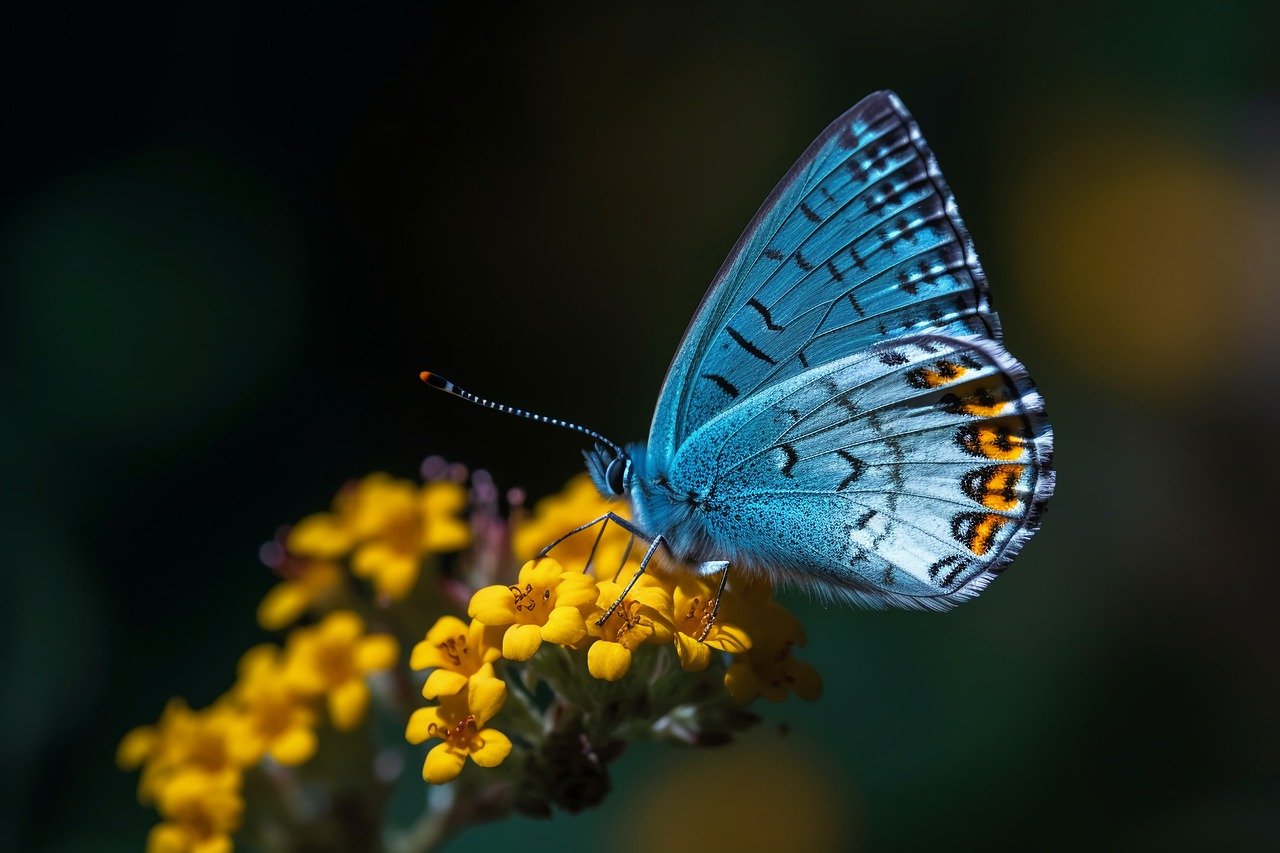
We are 100 % sure that our help could be needed with creating a garden good enough for all types of pollinators, so check out our planting service.
Honey
If you are still asking why bees have important presents, well the honey they produce we use not only for food but also for medicine. Honey is one of the most appreciated and valued natural products introduced to humankind since ancient times. Traditionally, all human beings are used in the treatment of eye diseases, bronchial asthma, throat infections, tuberculosis, thirst, hiccups, fatigue, dizziness, and others. The ingredients of honey have been reported to exert antioxidant, antimicrobial, anti-inflammatory, antiproliferative, anticancer, and antimetastatic effects. However, many evidences suggest the use of honey for cure to many sicknesses. Creating a bee-friendly place in your garden is a great option to start producing honey or even do business with it.
Your favorite Urban Gardeners keep more information about everything you want to know about your outdoor space on our blog page, so don't wait any longer and go read it!
Seasonal Garden Care
Foxes & Urban Wildlife
Garden Care and Maintenance
Garden Clearance Services, Local Services & Cost Guides
Practical Tips for a Successful Bee Garden
Diverse Plant Selection ✅: Choose a wide variety of flowers, herbs, and shrubs that bloom throughout different seasons. Native plants are particularly beneficial as they are well-adapted to the local climate and soil.
Avoid Pesticides ✅: Chemicals can be harmful to bees and other beneficial insects. Opt for natural pest control methods, such as introducing ladybugs or using neem oil.
Provide Water ✅: Bees need water to survive. Place shallow dishes of water with pebbles or marbles for the bees to land on safely.
Create Shelter ✅: Bees need places to nest and rest. Leave patches of bare soil for ground-nesting bees and consider installing bee hotels or leaving dead wood and plant stems for cavity-nesting species.
Continuous Blooms ✅: Plan your garden so that there are always flowers in bloom from early spring to late fall. This ensures that bees have a consistent food source throughout the year.
For all the beginners, don't worry! All the steps you need to start gardening and create all by yourself your new oasis, you can find in our beginners's guide.
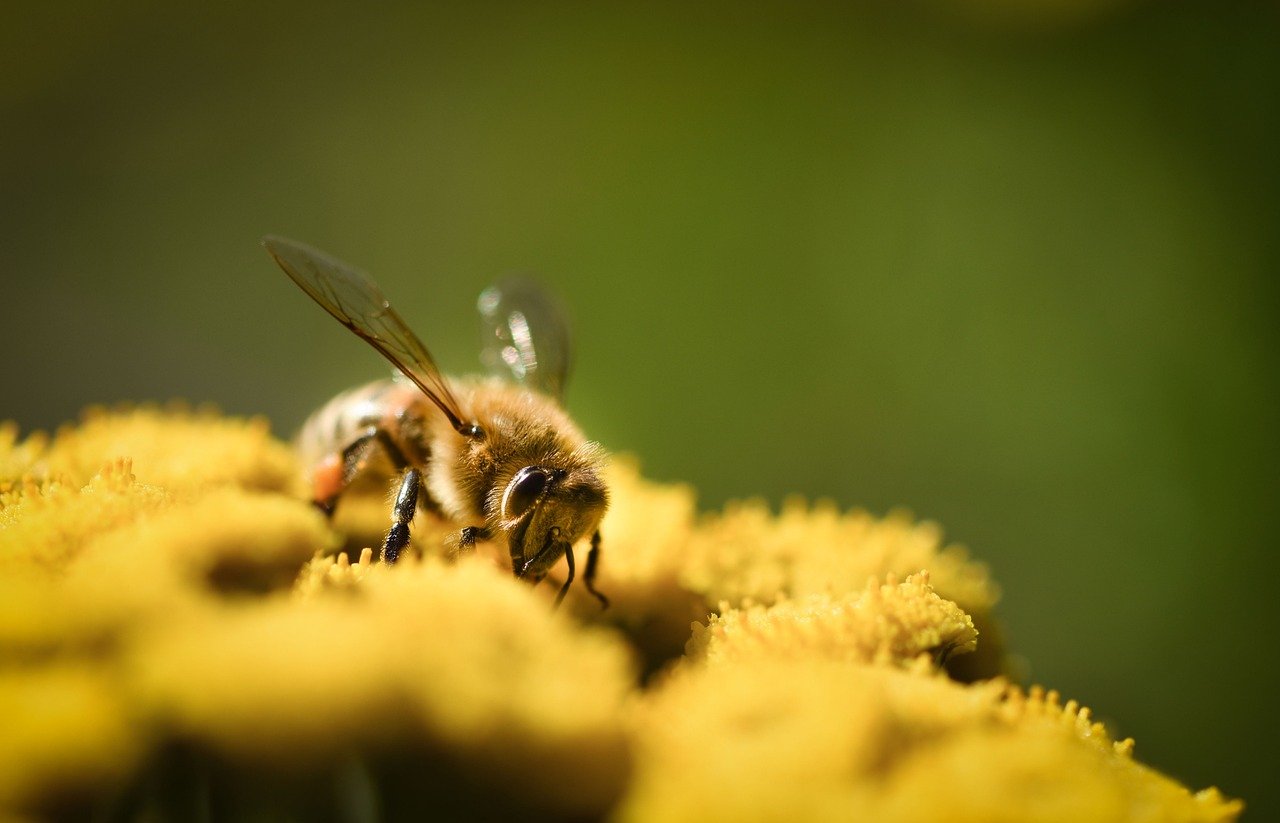
Conclusion
Bees and other pollinators play an essential role in maintaining the health and productivity of our gardens. By understanding their importance and creating a welcoming environment, we can reap the rewards of increased yields, improved plant health, enhanced biodiversity, and reduced reliance on chemical pesticides. So go ahead, roll up your sleeves, and start transforming your garden into a haven for pollinators – your plants (and taste buds) will thank you!
But remember, choosing from simple garden maintenance, or a seasonal clearance for your garden to mowing, turfing, or garden planting and decoration, we have everything you need. So, let us give you more tips or just let us do all the work for you, only by sending us an email at office@urbangardeners.co.uk or calling +44 7760 8000457.

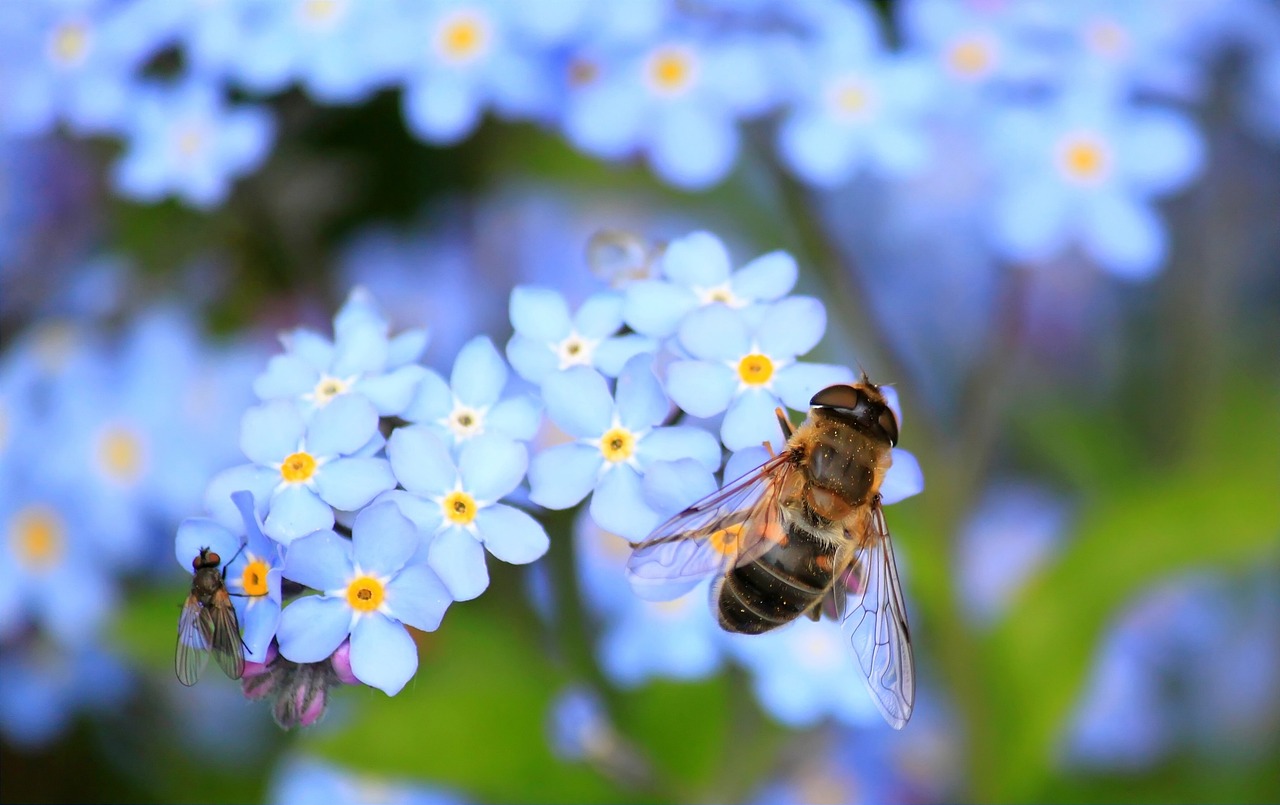
0 comments